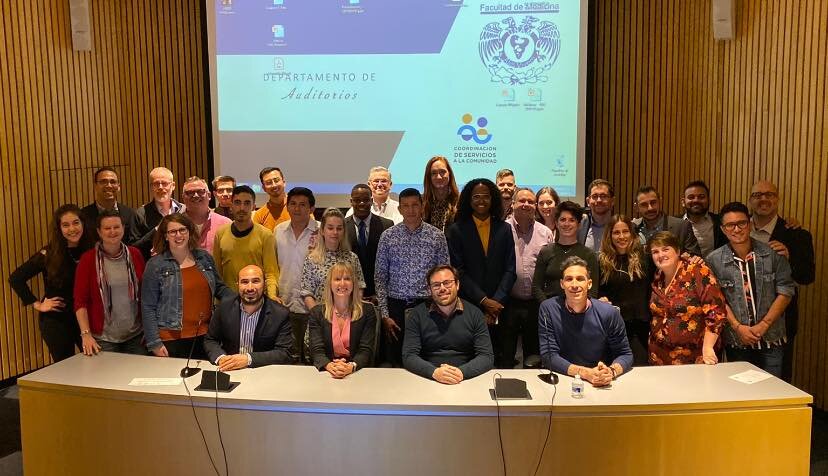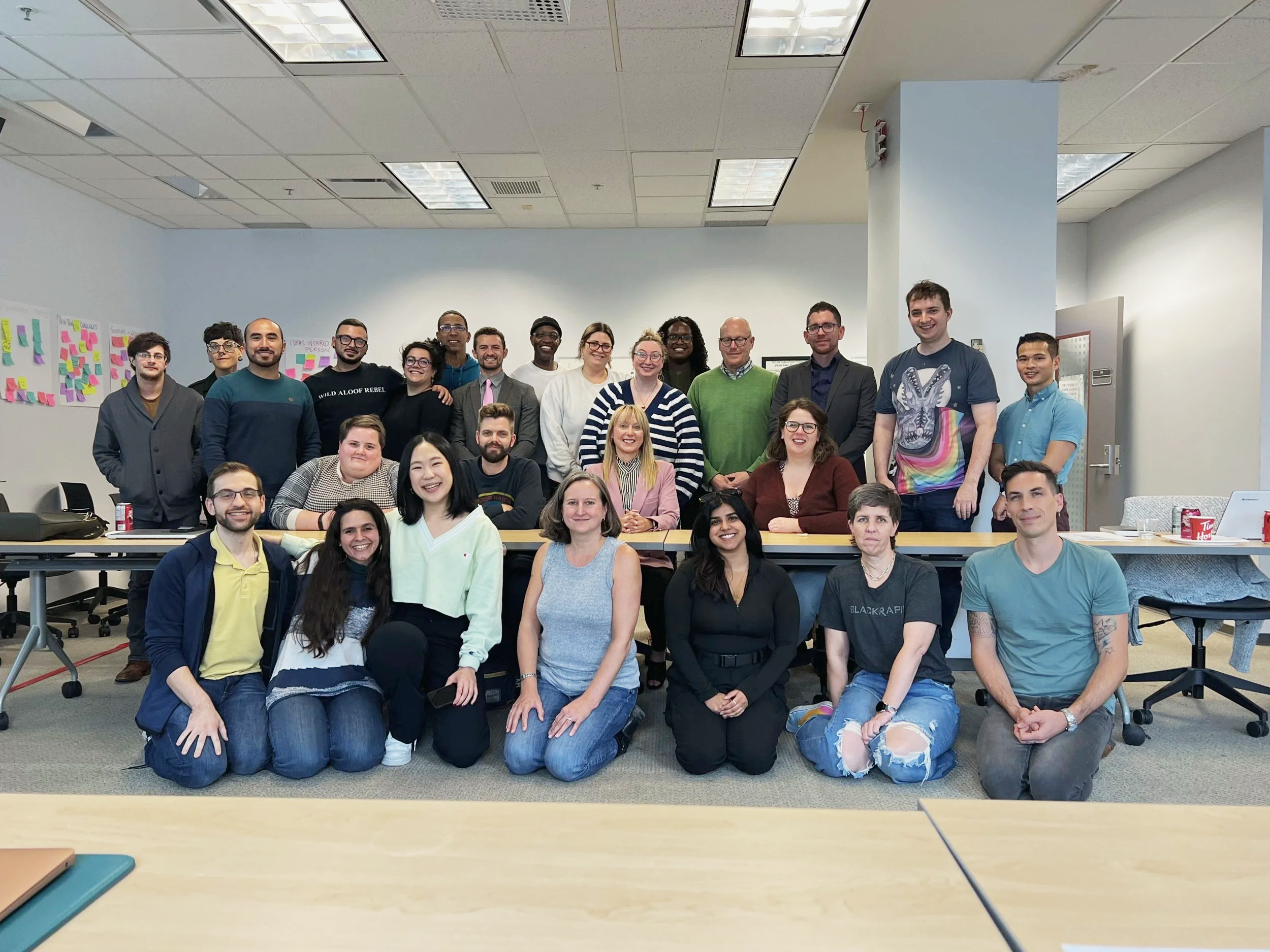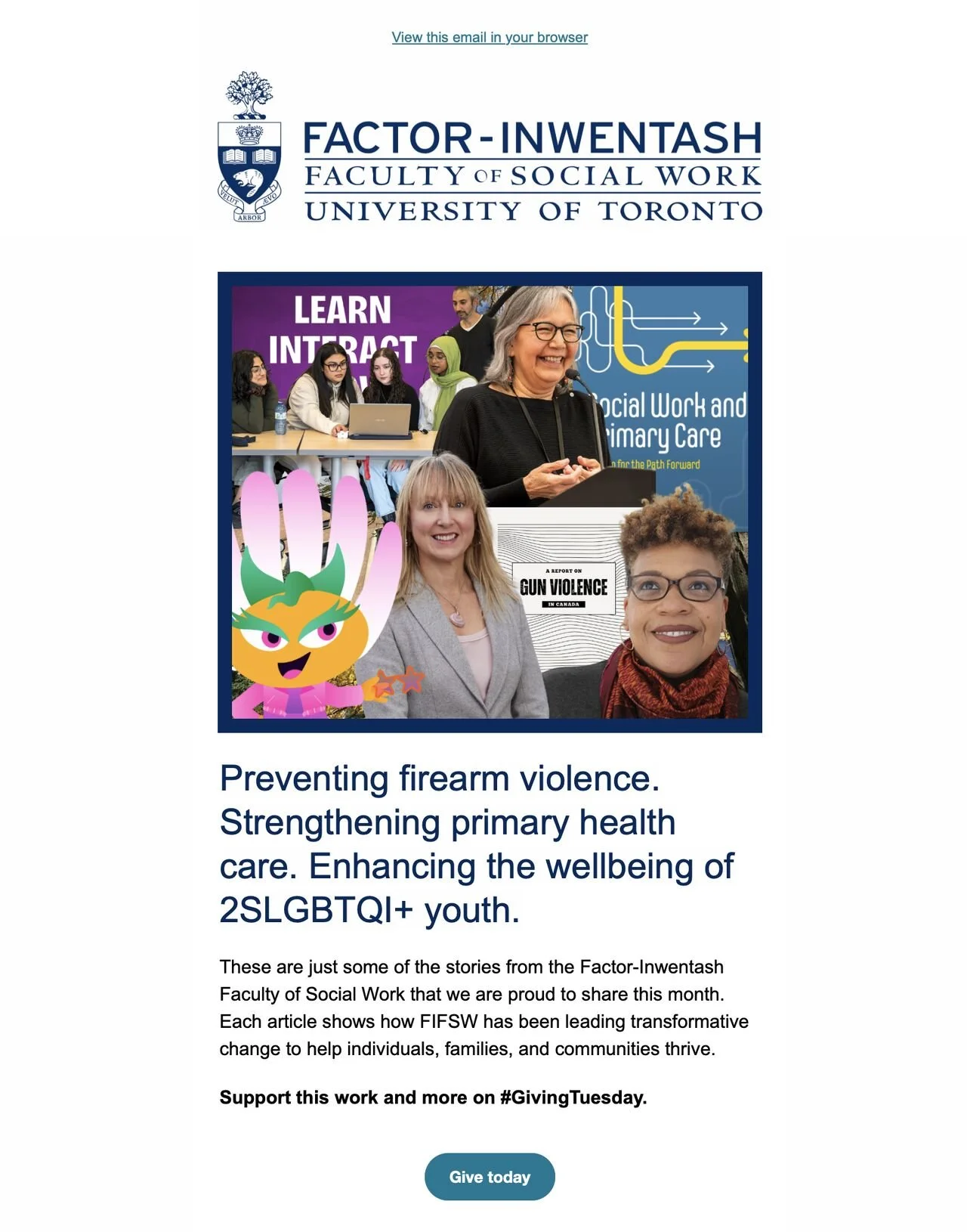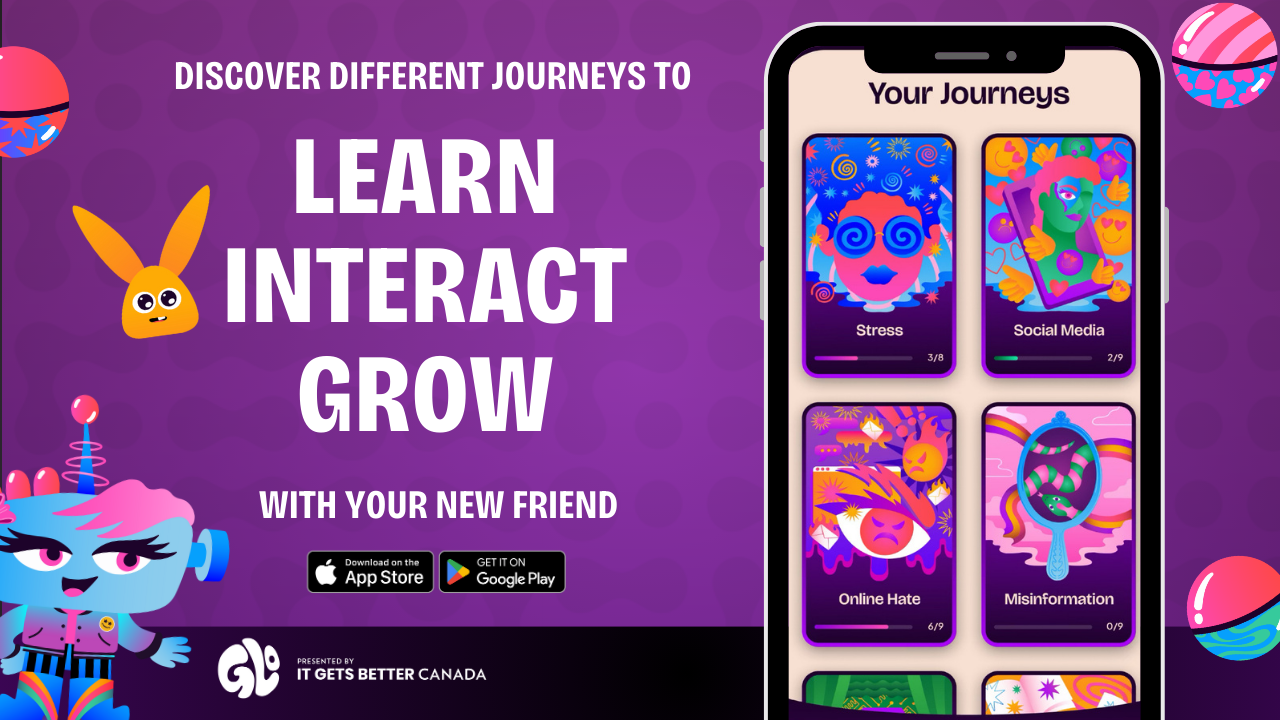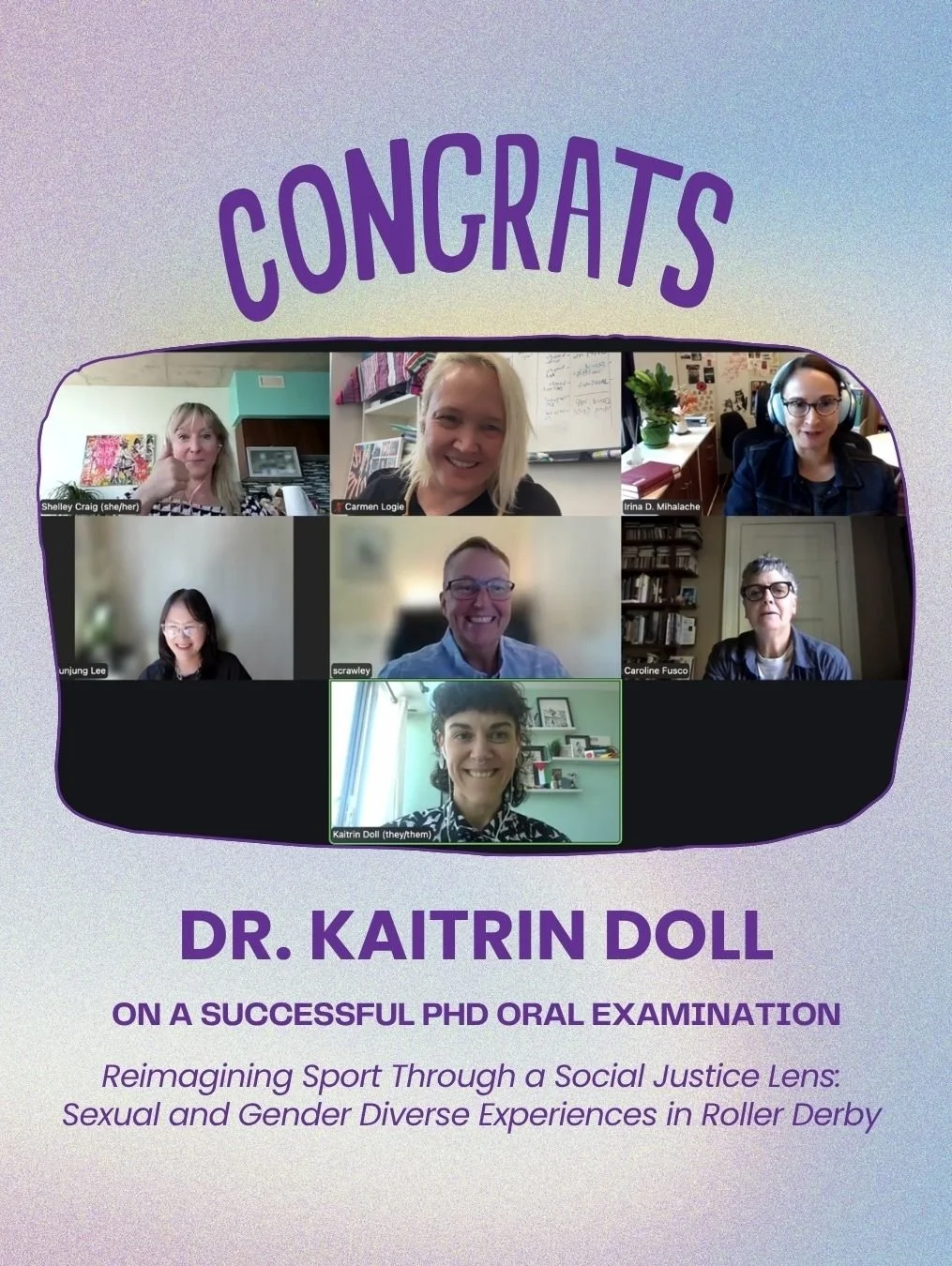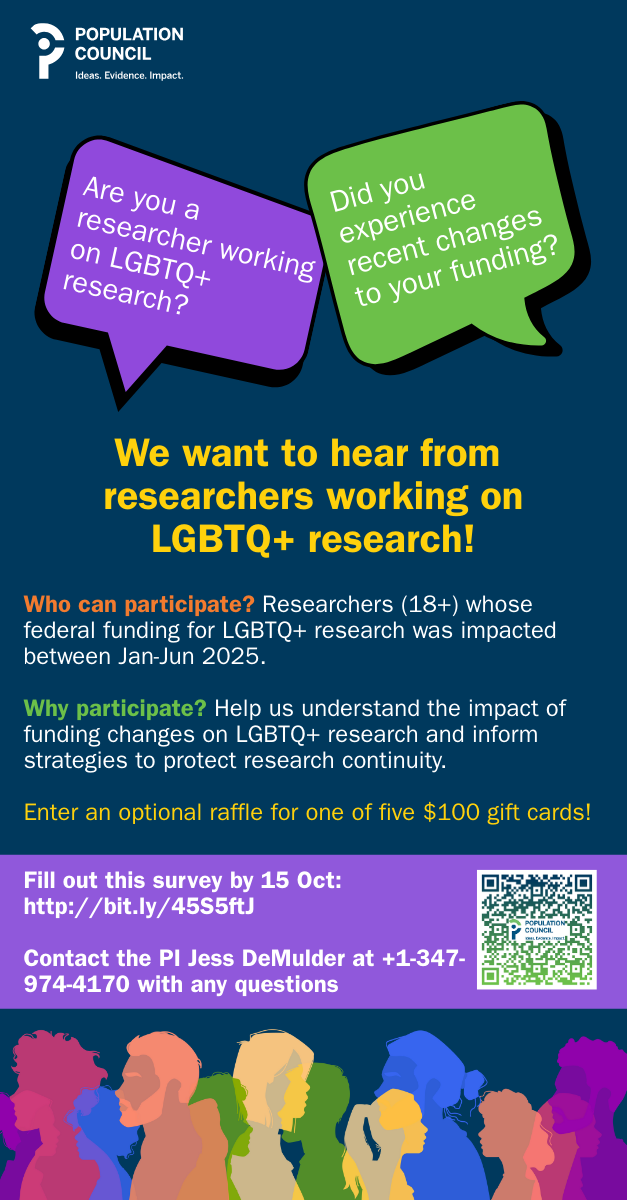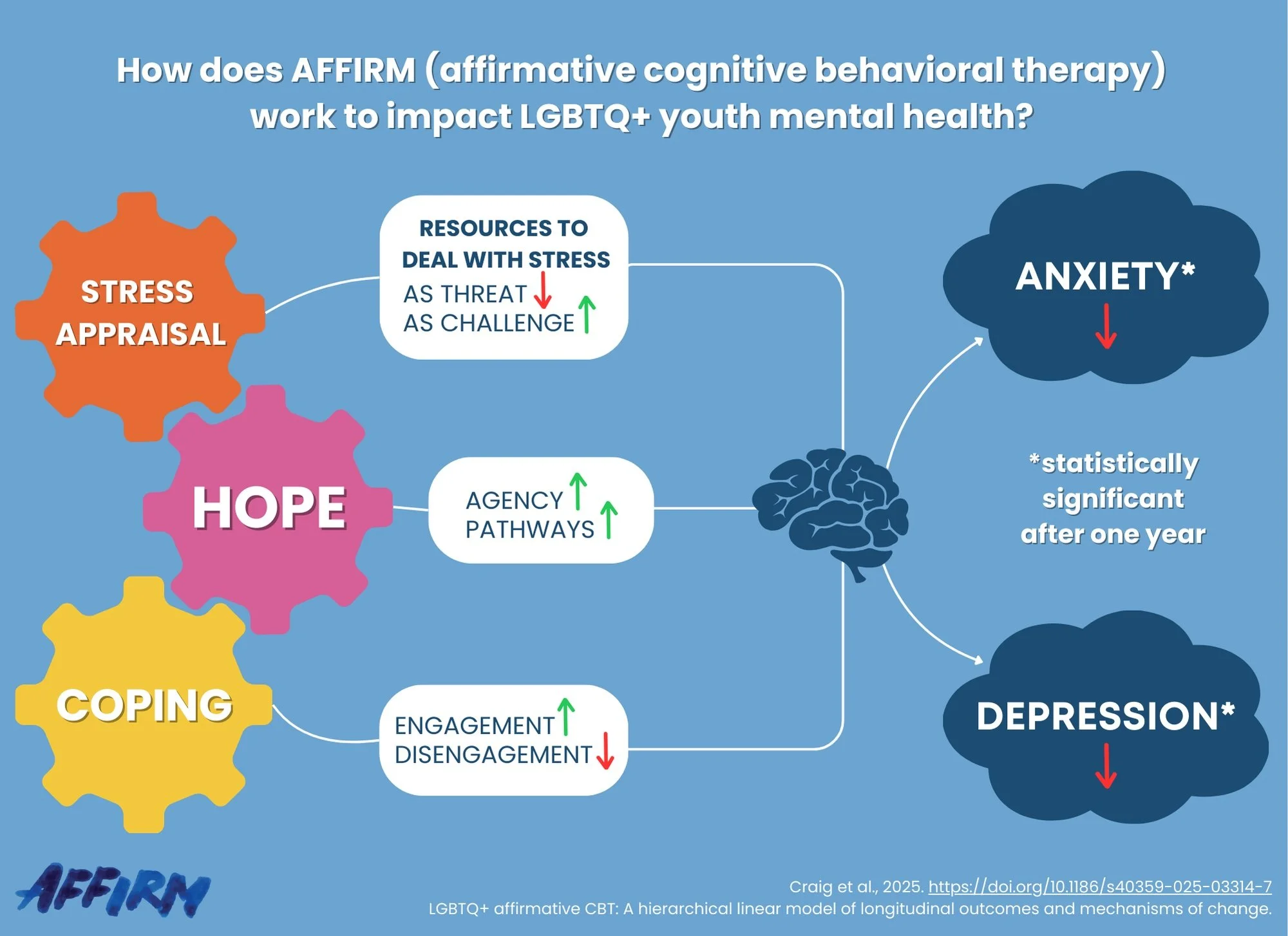
The International Partnership for Queer Youth Resilience (INQYR) is a SSHRC-funded interdisciplinary and multilingual international research partnership designed to understand and support the resilience of LGBTQIA2S+ youth through technology-engaged research. We seek to contribute to a deeper understanding of LGBTQ+ youth resilience that is inclusive of multiple regional contexts in an increasingly digitized world.
Our research aims to do this by using technology-engaged research methods, such as digital photo elicitation, and engaging in technology-focused research with LGBTQ+ youth.
INQYR also trains the next generation of scholars and practitioners working with LGBTQ+ youth through our International Student Training Network (ISTN) program.
What is INQYR?

Our Accomplishments

Latest News

Featured Publication
LGBTQ + Affirmative CBT: a hierarchical linear model of longitudinal outcomes and mechanisms of change
Background: Sexual and gender diverse adolescents and young adults (SGDAYA) experience mental health disparities, yet few empirical investigations into the long-term impact of affirmative treatments on their well-being exist.
Methods: This study explored the longitudinal effects of a brief affirmative cognitive-behavioral therapy (CBT) group intervention (AFFIRM) on the depression and anxiety of SGDAYA (N = 202), as well as how pre-treatment and mid-intervention change mechanisms contributed to their improved mental health. Participants' age ranged from 14 to 29 years old at baseline (M = 22.12, SD = 4.60). Data were collected at four time points (pre-test, post-test, 6 months, 1 year) and analyzed using hierarchical linear models.
Results: Participants reported significant improvements in anxiety and depression from baseline to 1-year follow-up as well as increased engagement coping, social support, hope, and improved stress appraisal. SGDAYA, who appraised stress as a threat and had less ability to envision a hopeful future (hope pathway) at baseline, reported greater improvements in depression and anxiety; additionally, those who used more disengagement coping strategies prior to AFFIRM reported more reduction in depression. Participants with the most significant long-term improvement in depression reported (a) greater increases in their resources to deal with stress, (b) more uptake of engagement coping, and (c) improved hope pathway.
Conclusions: This study suggests that an affirmative cognitive-behavioural group intervention designed for SGDAYA can have a long-term impact on their depression and anxiety and highlights the important role of engagement coping, social support, hope and cognitive appraisals on youth mental health.

Latest Research Hub Articles
Follow Us On Social Media🏳️🌈🏳️⚧️
Meet our international leadership team from Canada, the United States, Mexico, Australia, and the United Kingdom, as well as the many scholars supporting each regional network.
The International Student Training Network teaches emerging scholars how to conduct research with sexual and gender minority youth, with a particular focus on strengthening youth resilience.
Find publication summaries on topics like affirmative practice, resilience, or identity development. Each entry includes a summary of the research and links out to the article. The hub is frequently updated.
With a focus on ICT-engaged research methodologies, our research examines sexual and gender minority youth resilience. Learn more about our ongoing international and multinational research.




